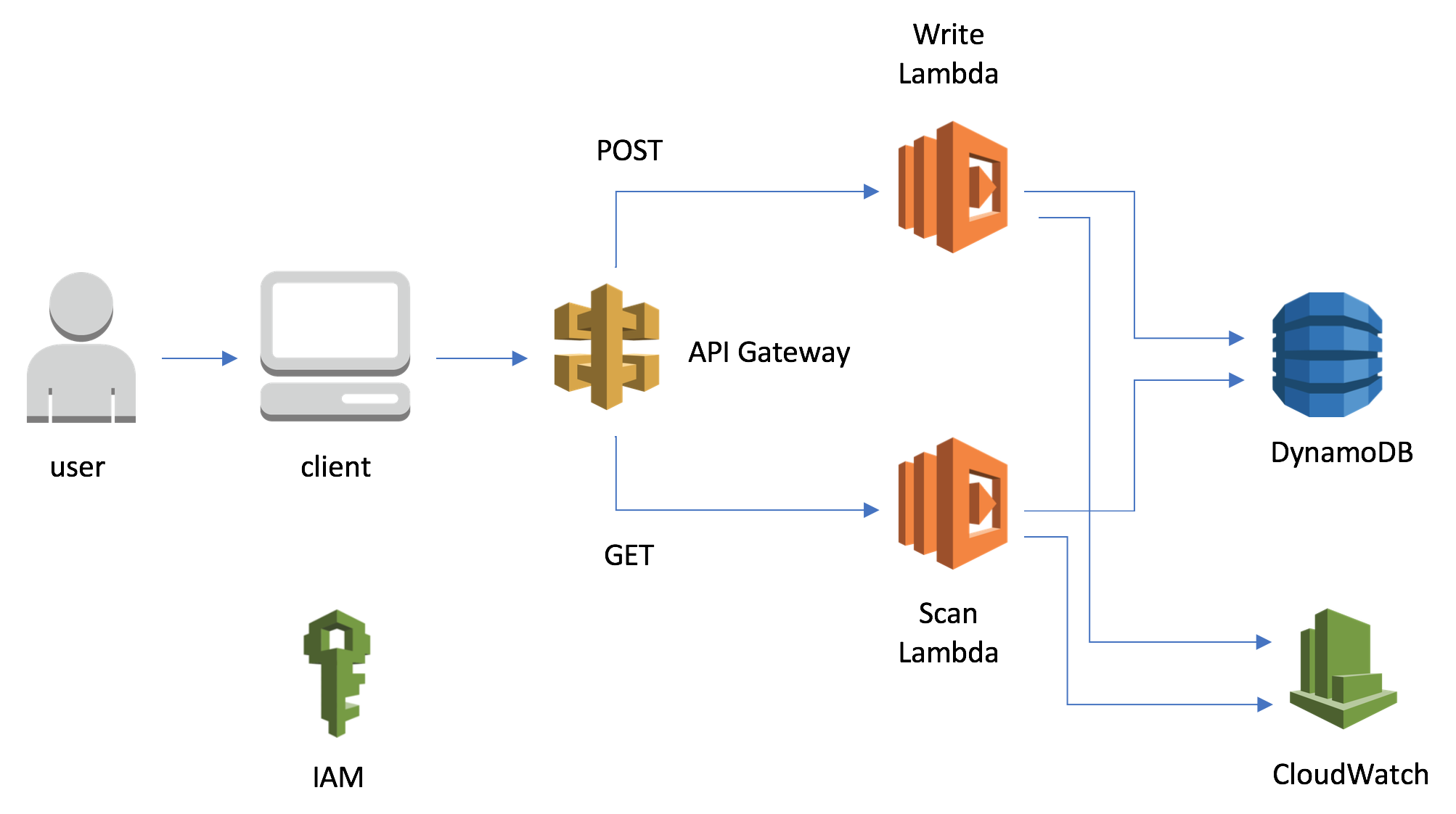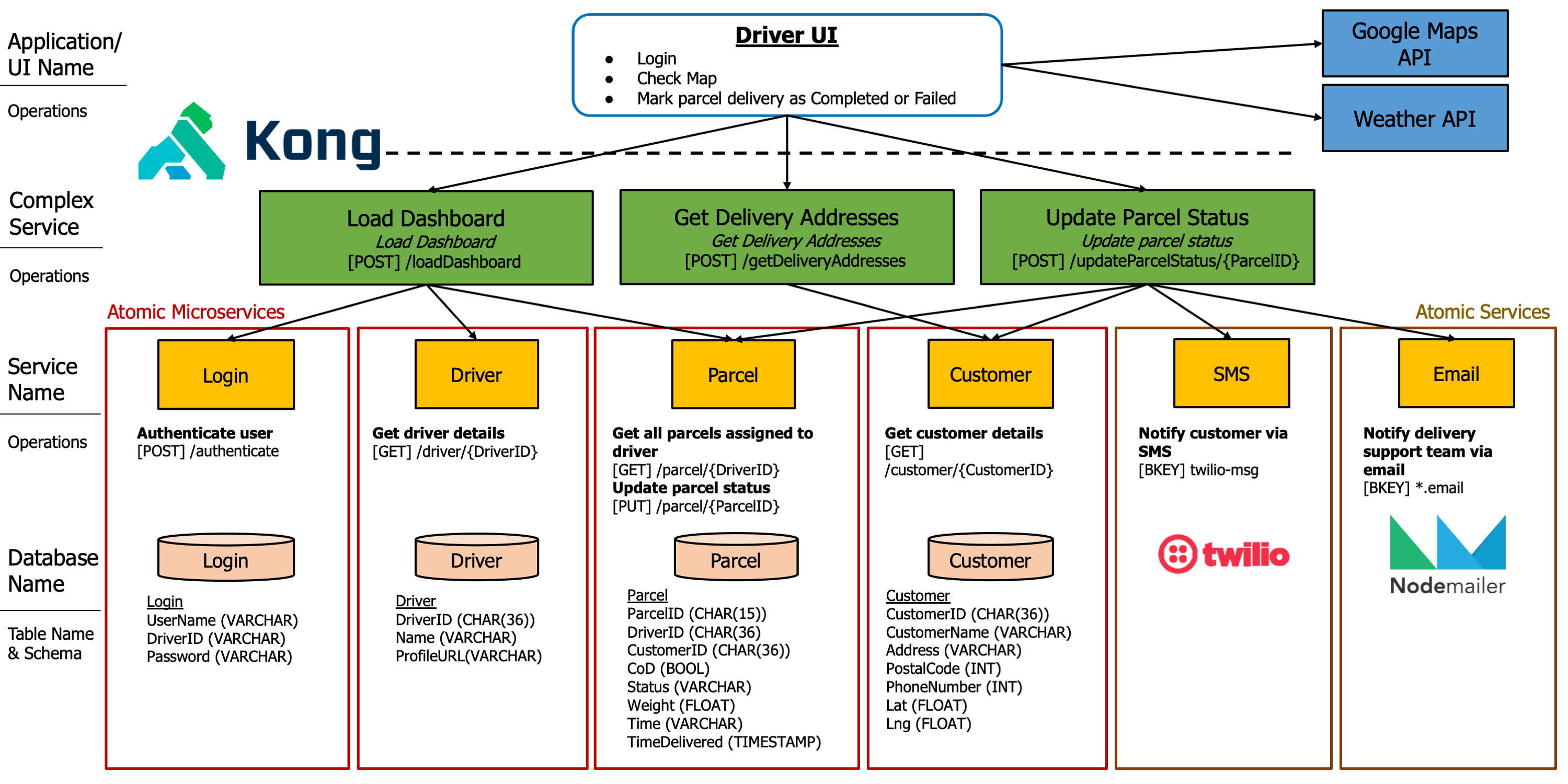Preface
If you haven’t yet, you should understand that scoring well/ doing well is not only about learning techniques. You will have to work hard. See these posts for more information:
- Introduction to Memory Techniques
- What it takes to score well
- How I scored throughout University
- Demystifying the framework to doing well
- Techniques for Hard Work
If you want to be better than average, work harder than average!
Introduction
All modules can be targetted using one of the 3 techniques below. Some modules might also require 1 or more of the following techniques:
- Memorisation techniques
- Modules that require you to memorise (50% of SMU IS modules require this, 80% of non-programming/math modules require this)
- Deliberate Practice and Pattern Recognition
- Modules that need you to be exposed to a large number of problem sets to do well.
- Essay Writing Framework
- Modules which require you develop an essay and argue / discuss.
Note that I didn’t talk at all about note taking, highlighting, learning styles, or any or the other fluff that you hear of. There is no such thing as “Visual Learner” or “Audio Learner” etc. These aren’t proven at all. The methods I’ve listed above, are.
They are the fundamental tenets which you need, and they cater to 95% of people. If you’re reading this and you don’t have a handicap like visual or verbal impairments, which will prevent you from using some of the techniques here (but it’s always possible to tweak them!), you will do well with them.
I advise you to save this post, and come back to it whenever you need help remembering the techniques. I’ll update this along the way to include all my future posts covering this. Think of this like a contents page for you to navigate to the different posts.
Memorisation Techniques
Majority of modules you will take in your life require some form of memorisation. In fact, this is my default go to for most modules. You will be able to score well with this technique alone. We will explore more in future posts. As an overview, this is what you need:
- Active Recall: Expending willpower to remember
- Spaced Repetition: Understand the Forgetting Curve
- Sleep Learning: Learn when you’re asleep
- Context Switching: Mix Subjects, Mix Topics, Mix environments
Deliberate Practice and Pattern Recognition Techniques
Many modules or skills that require some form of practice (math, essay writing, programming, art, sports even!) require this. This is one of the fundamental skils to master and I do this for most of my modules. We discuss more in future. For now, here is what you need:
- Problem Quantity and Quality: Completing a high quantity of high quality problems
- Problem Solving before Memorisation: Jumping into non-graded quizzes straight
- Scoring Badly in Practice: The worse you score in practice, the better your results
- Targetted Practice Problems: Doing specific problems for specific scenarios
I fear not the man who has done a thousand different kicks, but the man who has done a single kick a thousand times - Bruce lee
- Fatigue-performance-growth graph: Fatigue = growth, but too much fatigue kills you. I’ll teach you how to master your fatigue and growth rate.
Essay Writing Techniques
To combat essays, it requires a breadth-first-depth-next approach. It requires reading widely before narrowing into a chosen topic. This goes to also say that it takes time, and you shouldn’t rush it. There are people who might score by cramming in 1 night’s worth of work, but you won’t be able to score consistently, and you’ll most likely score very poorly. This is what you need:
- Sources List: Keep a backlog of all your sources and articles. Link them and observe how they match. You can use mine as a base.
- Proper Outlining Framework: Don’t ever start writing until you’re revised your essay outline 2-3 times. I’ll teach you how to write an outline.
- 4-pass rule: 4 passes over your written essay before you submit/send for a 2nd opinion - Reorder, Reorder, Review, Grammar. Yes, you will reorder twice.
- 2nd and 3rd opinion: Never submit an essay that no one else has read. Get at least 3 readers (classmate, professor, friend), and new iterations after.
Conclusion
This is all you need to get started. These techniques are not just for students looking to score well. These are General Learning Principles which constitute the bedrock for anyone wanting to do any learning. You can be 50 and picking up a new skill, 20 and wanting to learn how to sing, or even someone who wants to get back at MMA.
I’ve done all kinds of sports and learnt all kinds of skills throughout my life - Jujitsu, Muay Thai, Guitar, Yoyo, Beatboxing, Powerlifting, Marathon Running, Hackathon Winning (LOL!). I’ve used these skills throughout my whole journey of learning these skills, and they worked.
With that, happy learning.
P.S
NOTE: These techniques are NOT ONLY for studying. I can’t emphasis this enough. Every single skill can be learnt with these techniques.
For good measure, I’ve mapped SMU modules to the different techniques. Remember, you can use these general learning principles for all skills, not just modules. I can’t emphasis this enough. These are techniques I’ve taken from learning all the different skills, and condensing them into this guide.
| Course | Techniques |
| ———- Y1S1 ———- | |
| IS111 Introduction to Programming | Deliberate Practice |
| IS110 Information Systems and Innovation | Memorisation |
| COR1301 Leadership and Teambuilding | Deliberate Practice (70%), Memorisation(30%) |
| COR1302 Business, Government, and Society | Deliberate Practice (50%), Memorisation(50%) |
| ———- Y1S2 ———- | |
| IS112 Data Management | Deliberate Practice |
| IS113 Web Application Development 1 | Deliberate Practice |
| COR3001 Big Questions | Essay Writing |
| COR2100 Economics and Societies | Essay Writing (30%), Deliberate Practice (70%) |
| COR1100 Writing and Reasoning | Essay Writing (70%), Deliberate Practice (30%) |
| ———- Y2S1 ———- | |
| IS210 Business Process Analysis & Solutioning | Deliberate Practice |
| IS216 Web Application Development 2 | Deliberate Practice |
| IS211 Interation Design and Prototyping | Memorisation |
| COR-IS1702 Computational Thinking | Deliberate Practice |
| COR-STAT1202 Introductory Statistics | Deliberate Practice |
| ———- Y2S2 ———- | |
| IS213 Enterprise Solution Development | Deliberate Practice |
| IS214 Enterprise Solutions Management | Memorisation |
| IS215 Digital Business Transformation Technology | Memorisation |
| IS217 Analytics Foundation | Deliberate Practice (50%), Memorisation (50%) |
| IS434 Social Analytics and Application | Deliberate Practice (50%), Memorisation (50%) |
| ———- Y3S1 SMU ———- | |
| IS212 Software Project Management | Deliberate Practice (60%), Memorisation (40%) |
| IS404 Technology Entrpreneurship Study Mission | NA |
| ———- Y3S1 NUS ———- | |
| GEC1015 Public Health | Memorisation |
| GEH1070 Study of Chinese Medicine | Memorisation |
| JS1101E Introduction to Japanese History | Memorisation |
| LAS1201 Spanish 1 | Deliberate Practice |
| ———- Y3S2 ———- | |
| IS484 Final Year Project | Deliberate Practice |
| IS458 Cloud Mangement and Engineering | Deliberate Practice (60%), Memorisation (40%) |
| COR3301 Ethics and Social Responsiblity | Deliberate Practice |
| ———- Y4S1 ———- | |
| CS440 Foundations of Cybersecurity | Memorisation |
| IS442 Object Oriented Programming | Deliberate Practice |
| IS428 Financial Markets Processes and Technology | Memorisation |



